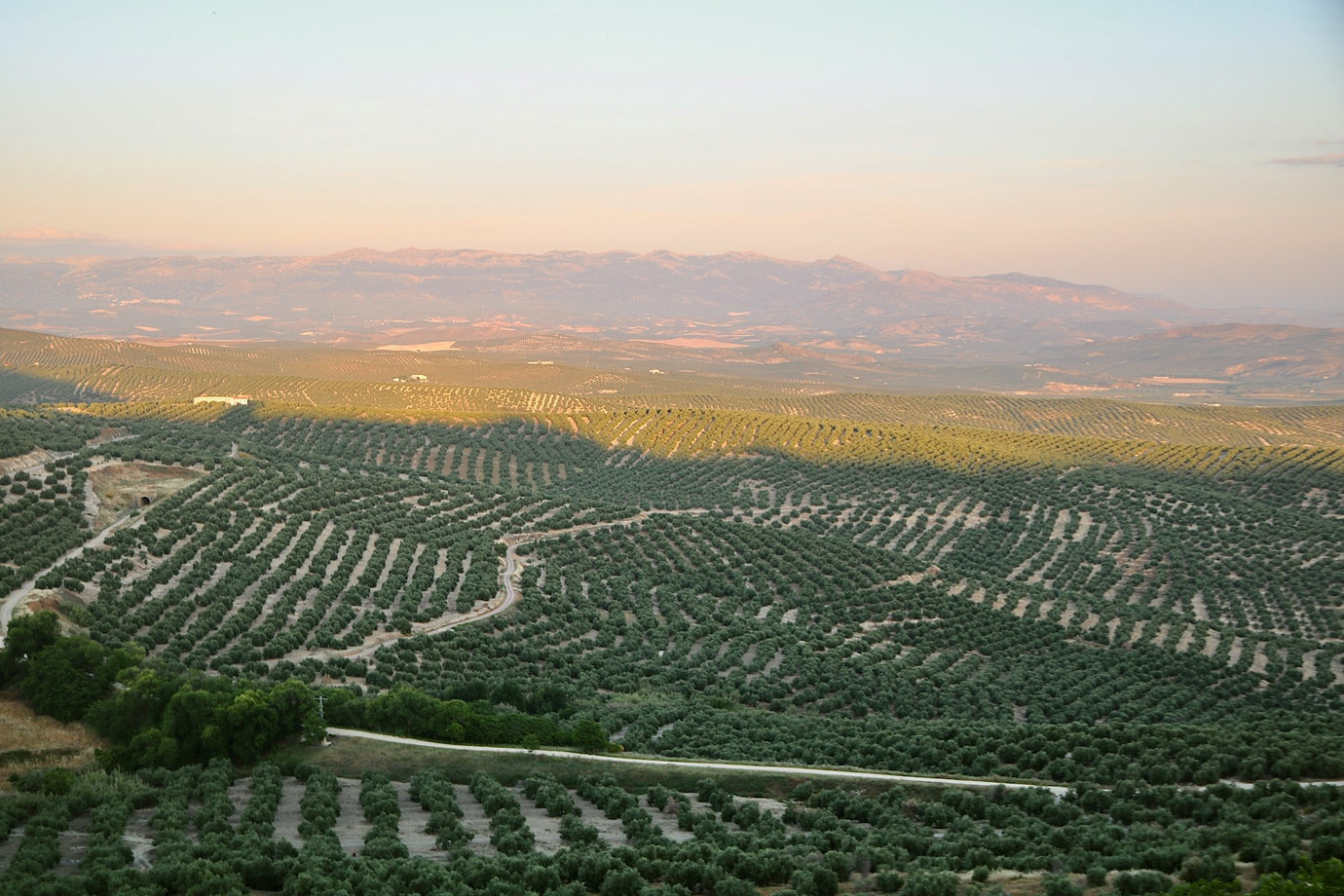All Things Canola Oil
Canola oil, with its widespread use in kitchens around the world, has earned its place as a staple cooking oil. But what exactly is canola oil, and why has it become a top choice for both professional chefs and food manufacturers? In this comprehensive guide, we'll delve into all things canola oil, from its origins and production process to its versatile uses and numerous benefits. By the end, you'll have a thorough understanding of this key bulk vegetable oil.
The Canola Oil Story
Canola oil is a vegetable oil derived from a specific variety of rapeseed known as "canola." The name "canola" itself is a combination of "Canadian" and "oil." Canola was developed through selective breeding to reduce its erucic acid and glucosinolate content, making it safe and suitable for consumption.
Production Process
Step 1: Seed Extraction
- Canola oil production begins with the extraction of oil from canola seeds. This is typically done using a mechanical process, such as expeller pressing, which involves crushing the seeds to release the oil.
Step 2: Refinement
- After extraction, the crude canola oil undergoes refining processes to remove impurities and enhance its quality. These processes may include degumming, neutralization, and deodorization.
Step 3: Winterization (Optional)
- In colder climates, canola oil may go through a winterization process to remove waxes that can cause cloudiness or solidification at lower temperatures.
Step 4: Packaging
- Once refined, the canola oil is packaged and ready for distribution. It is often available in various forms, including bulk containers, bottles, and cooking sprays.
Culinary Uses
Canola oil's versatility in the kitchen is one of its primary attractions. Here are some common culinary uses:
High Heat Cooking - Frying, Sautéing, and Baking
Canola oil's high smoke point (around 400°F or 204°C) makes it ideal for frying. It can achieve a crispy texture without imparting a strong flavour to the food. Its neutral flavour and ability to withstand high heat also makes canola oil a favourite for sautéing vegetables, meats, and seafood. Canola oil can even replace butter or other fats in baking recipes, resulting in moist and tender baked goods.
Salad Dressings & Sauces
Canola oil's mild taste makes it a suitable base for homemade salad dressings, allowing other flavours to shine. It's commonly used as a base for mayonnaise and other types of condiments and sauces.
Benefits of Canola Oil
Heart-Healthy
Canola oil is low in saturated fat and contains a favourable balance of monounsaturated and polyunsaturated fats, making it heart-healthy.
High in Omega-3 Fatty Acids
It contains a good amount of alpha-linolenic acid (ALA), an essential omega-3 fatty acid that contributes to overall health.
Versatile and Neutral Flavour
Canola oil's neutral taste allows it to adapt to various culinary applications without overwhelming the dish's natural flavours.
Cost-Effective
Canola oil is generally affordable, making it an economical choice for professional kitchens and food manufacturers to purchase in bulk.
Non-GMO and Organic Options
For those seeking natural and unaltered ingredients, non-GMO and organic canola oil varieties are available. These options are produced following strict guidelines to ensure the absence of genetically modified organisms and synthetic pesticides.
What is Non-GMO Canola Oil?
Non-GMO canola oil is derived from canola plants that have been carefully cultivated to be free of genetically modified organisms (GMOs). This designation ensures that the canola plants used in oil production have not undergone genetic modification to introduce specific traits.
Non-GMO canola oil upholds the purity of traditional canola varieties while providing all the culinary benefits associated with canola oil. It is a choice embraced by those who prefer their cooking oils to be sourced naturally and without genetic alterations, making it a wholesome and unaltered option for health-conscious consumers.
What is Organic Canola Oil?
Organic canola oil is a type of canola oil sourced from organically grown canola plants. The term "organic" signifies that the cultivation of these plants adheres to strict organic farming practices. This includes the absence of synthetic pesticides, herbicides, and genetically modified organisms (GMOs) in the farming process.
Organic canola oil offers a more natural and environmentally friendly alternative to conventional canola oil. It is cherished by consumers who prioritize organic and sustainable food choices.
Conclusion
No matter what food product you are creating, canola oil is likely a great option. With non-GMO and organic choices catering to diverse preferences, along with high oleic oil to provide higher stability and shelf life- there's an option for everyone!
To learn more about our bulk canola oil products, please contact us here or request a quote for one of our products.




